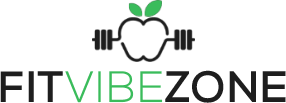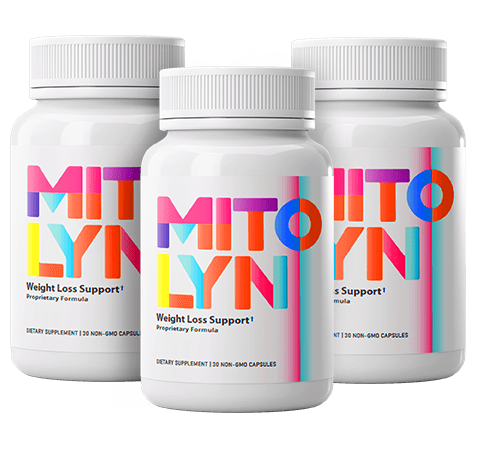Fuel Your Fitness: The Ultimate Guide to Healthy Eating for Peak Performance
When it comes to achieving peak performance in your fitness goals, one of the most important factors to consider is your diet. Eating the right foods can make all the difference in your energy levels, recovery time, and overall performance. In this guide, we will explore the best foods to fuel your fitness journey and help you reach your peak potential.
Why is Nutrition Important for Fitness?
Nutrition plays a crucial role in fueling your body for optimal performance during exercise. The food you eat provides the necessary nutrients to support muscle growth, repair, and recovery. It also helps to maintain energy levels, improve endurance, and aid in weight management. Without proper nutrition, you may experience fatigue, muscle loss, and decreased performance.
Key Nutrients for Peak Performance
Protein
Protein is essential for building and repairing muscle tissue, making it a key nutrient for athletes and active individuals. Good sources of protein include lean meats, poultry, fish, eggs, dairy products, legumes, and plant-based proteins such as tofu and tempeh.
Carbohydrates
Carbohydrates are the body’s primary source of energy, especially during intense exercise. Opt for complex carbohydrates like whole grains, fruits, vegetables, and legumes to provide sustained energy and support endurance during workouts.
Fats
Fats are important for hormone production, brain function, and energy storage. Choose healthy fats like avocados, nuts, seeds, olive oil, and fatty fish to support overall health and performance.
Vitamins and Minerals
Vitamins and minerals play a crucial role in various bodily functions, including energy production, immune function, and muscle contraction. Make sure to include a variety of fruits, vegetables, whole grains, and nuts and seeds in your diet to ensure you are getting an adequate intake of essential nutrients.
Pre-Workout Nutrition
Before your workout, it’s essential to fuel your body with the right nutrients to support performance and prevent fatigue. Aim to consume a balanced meal or snack containing carbohydrates, protein, and a small amount of healthy fats about 1-2 hours before exercise. This will provide you with the necessary energy to power through your workout and optimize muscle recovery.
Post-Workout Nutrition
After your workout, your body needs nutrients to replenish glycogen stores, repair muscle tissue, and support recovery. Aim to consume a combination of protein and carbohydrates within 30 minutes to an hour after exercise to maximize muscle protein synthesis and glycogen replenishment. Good post-workout options include a protein shake, Greek yogurt with fruit, or a turkey sandwich on whole-grain bread.
Hydration
Staying hydrated is essential for optimal performance and recovery. Dehydration can lead to fatigue, muscle cramps, and decreased exercise performance. Aim to drink at least 8-10 cups of water per day, and more if you are exercising intensely or in hot weather. You can also include electrolyte-rich beverages like coconut water or sports drinks to replenish lost fluids and minerals during intense workouts.
Common Questions about Nutrition and Fitness
Q: Should I eat before a workout?
A: Yes, it’s important to fuel your body with a balanced meal or snack containing carbohydrates, protein, and a small amount of healthy fats before a workout to support energy levels and performance.
Q: What should I eat after a workout?
A: After a workout, aim to consume a combination of protein and carbohydrates to replenish glycogen stores, repair muscle tissue, and support recovery. Good post-workout options include a protein shake, Greek yogurt with fruit, or a turkey sandwich on whole-grain bread.
Q: How much water should I drink during exercise?
A: It’s essential to stay hydrated during exercise to prevent dehydration and support optimal performance. Aim to drink at least 8-10 cups of water per day, and more if you are exercising intensely or in hot weather.
Conclusion
Proper nutrition is essential for fueling your fitness journey and achieving peak performance. By incorporating a balanced diet rich in protein, carbohydrates, fats, vitamins, and minerals, you can support muscle growth, energy levels, and overall health. Remember to fuel your body before and after workouts, stay hydrated, and listen to your body’s needs to optimize your fitness goals. With the right nutrition, you can fuel your fitness and reach your peak potential.
For more tips on healthy eating and fitness, be sure to consult with a registered dietitian or nutritionist to create a personalized nutrition plan tailored to your individual needs and goals.










